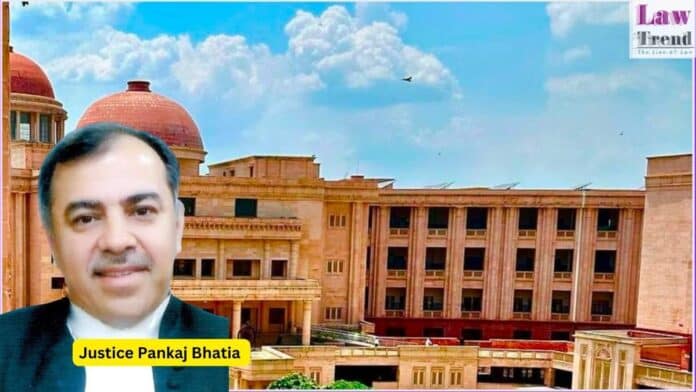The Allahabad High Court, Lucknow Bench, has quashed the counselling schedule issued by the Uttar Pradesh government for D.Pharma courses for the academic year 2025–26, holding it to be in violation of the timeline extended by the Supreme Court. Justice Pankaj Bhatia delivered the judgment on July 9, 2025, while deciding a batch of writ
To Read More Please Subscribe to VIP Membership for Unlimited Access to All the Articles, Download Available Copies of Judgments/Order, Acess to Central/State Bare Acts, Advertisement Free Content, Access to More than 4000 Legal Drafts( Readymade Editable Formats of Suits, Petitions, Writs, Legal Notices, Divorce Petitions, 138 Notices, Bail Applications etc.) in Hindi and English.




